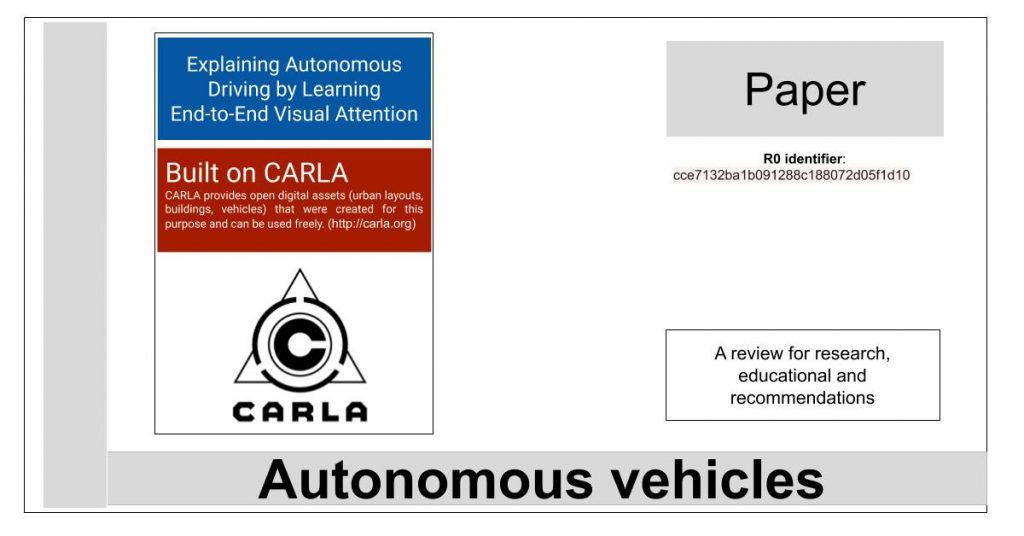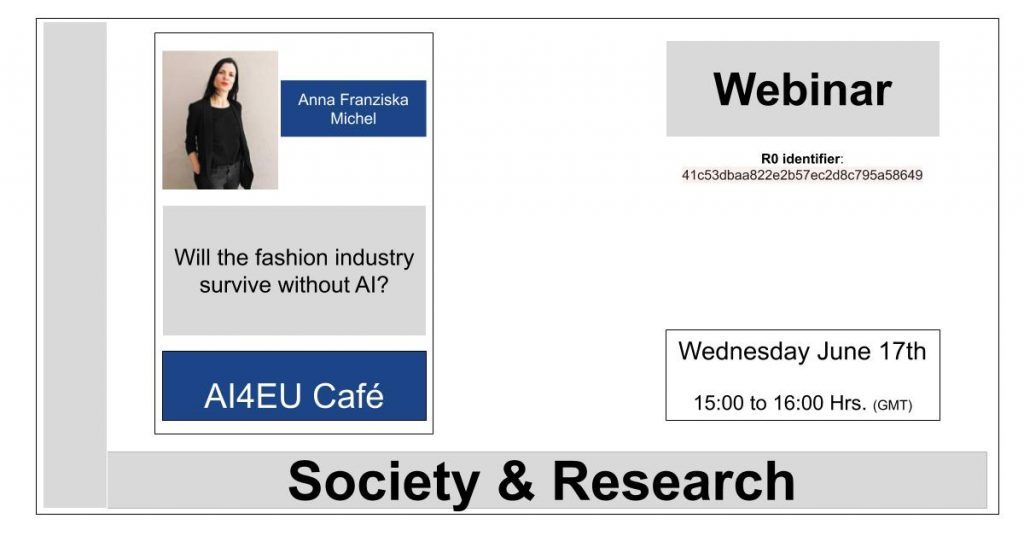Montreal AI Ethics Institute: Response to the European Commission’s white paper on AI
In February 2020, the European Commission (EC) published a white paper entitled, On Artificial Intelligence – A European approach to excellence and trust. This paper outlines the EC’s policy options for the promotion and adoption of artificial intelligence (AI) in the European Union. We reviewed this paper and published a response addressing the EC’s plans to build an “ecosystem of excellence” and an “ecosystem of trust,” as well as the safety and liability implications of AI, the internet of things (IoT), and robotics.









